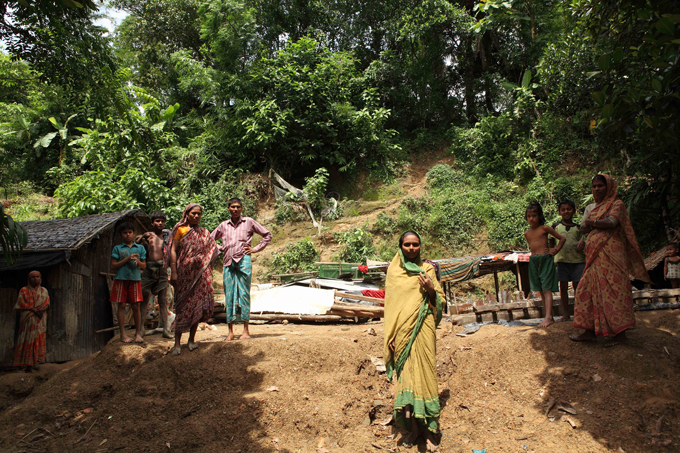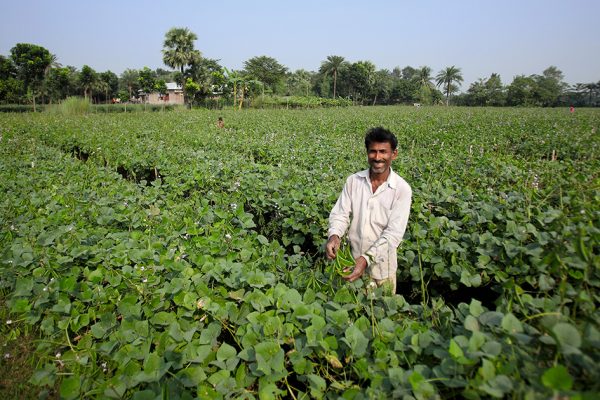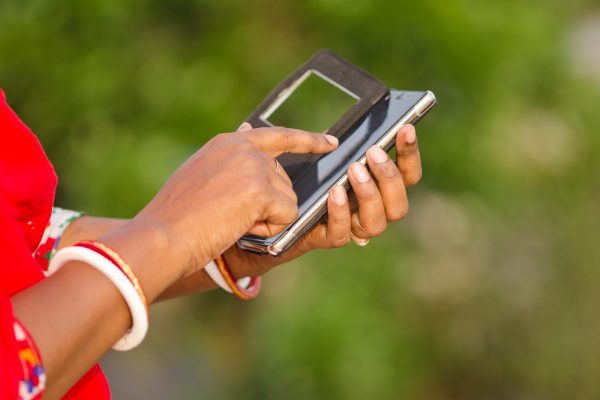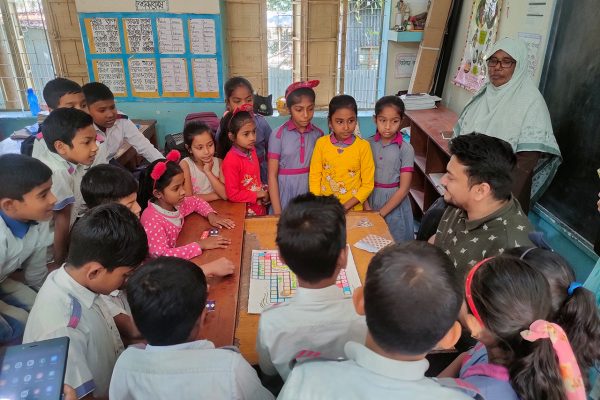7 ways BRAC will innovate with mobile money this year
Reading Time: 2 minutes
We are excited to officially announce the winners of the innovation fund for mobile money challenge! These projects were selected from the 100 ideas that were submitted on the innovation fund challenge web site, reviewed by external advisors, and finally decided on by an internal judging panel. These projects will be implemented over the course of the next year by BRAC in Bangladesh—so stay tuned for many more updates!
We are excited to officially announce the winners of the innovation fund for mobile money challenge! These projects were selected from the 100 ideas that were submitted on the innovation fund challenge web site, reviewed by external advisors, and finally decided on by an internal judging panel. These projects will be implemented over the course of the next year by BRAC in Bangladesh—so stay tuned for many more updates!
- (Nearly) cashless branch: This pilot undertaken by the integrated development programme is a move towards creating cashless BRAC branches in the remote char areas (riverine islands created and destroyed by floods and erosion). Given the transportation challenges and limited access to financial services in these areas, mobile money will make it easier for both BRAC clients and staff.
- Mobile micro-insurance: Most of BRAC’s clients lack access to traditional forms of insurance. Through a joint collaboration, the microfinance programme and outsider partners will offer micro-insurance with low, flexible premiums using mobile technology to poor households. It will offer protection for incidents like accidents and illnesses.
- Flexible school fee payments for secondary schools: Paying school fees can be a challenge for low-income parents. To address this, the BRAC University Institute of Educational Development will introduce a flexible payment scheme using bKash at the SSCOPE low-cost secondary schools. Parents can pay without needing to come to the school premises each time.
- Adolescent savings: To encourage savings behaviour among adolescent girls and provide easy access to safe savings, the education programme will work with their adolescent clubs to encourage the habit of mobile savings among its youth club members. Adoption of technology is higher among youth, so this can drive adoption and create a lifetime savings habit.
- Mobile payments for community health workers: This initiative by health, nutrition and population programme will look to improve operational efficiency, transparency and security by integrating mobile money instead of cash to disburse honorariums and incentives to thousands of workers.
- Relief vouchers for disaster victims: When a disaster strikes, the most important thing is ensuring that the most vulnerable can access relief as soon as possible. To respond to this need, the disaster, environment and climate change programme will develop a mobile voucher system that enables clients to directly access goods from local businesses, who will be reimbursed via mobile money by BRAC.
- Mobile disaster relief funds: For disasters like evictions, garment factory fires, and floods it is difficult to mobilise funds quickly, even though many would like to donate. The disaster, environment and climate change programme will set up a simple donation platform that enables them to send money via their mobile phones. This idea originated from a university student in Chittagong.
All of the authors work with the BRAC social innovation lab.







